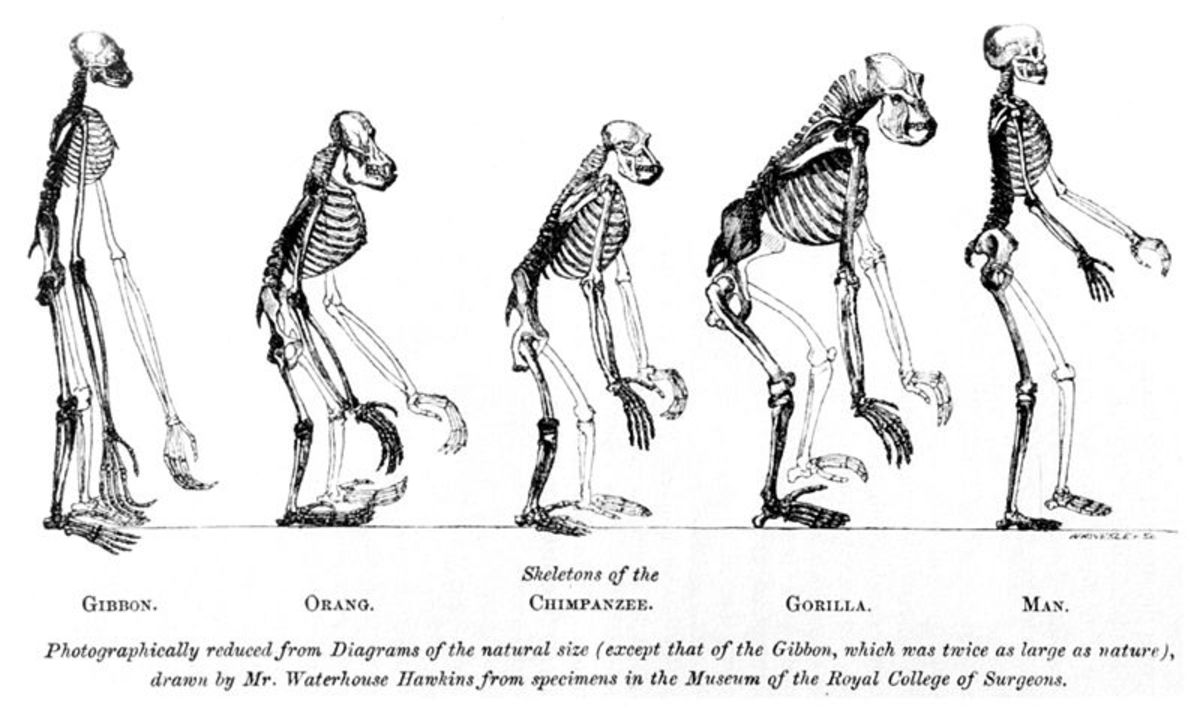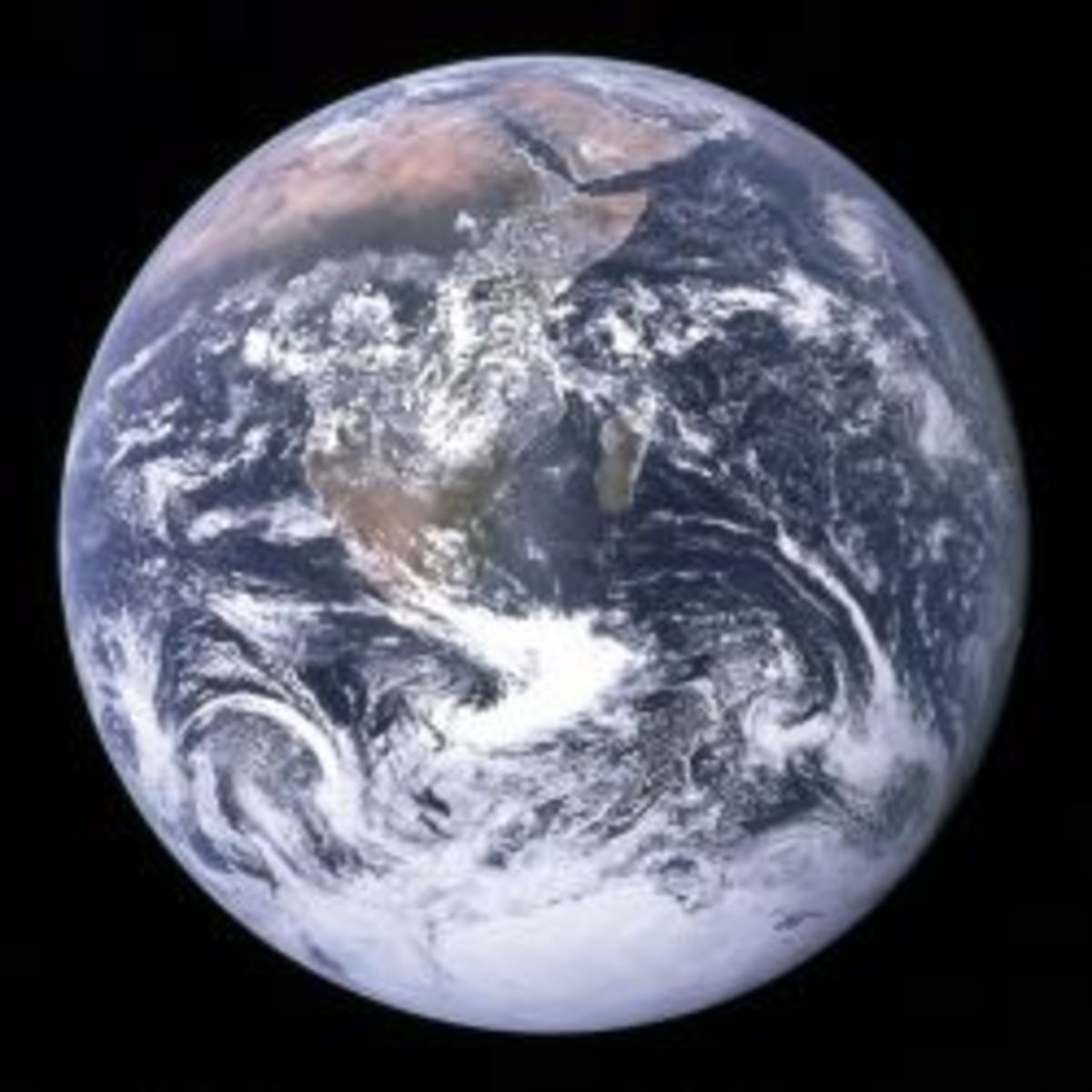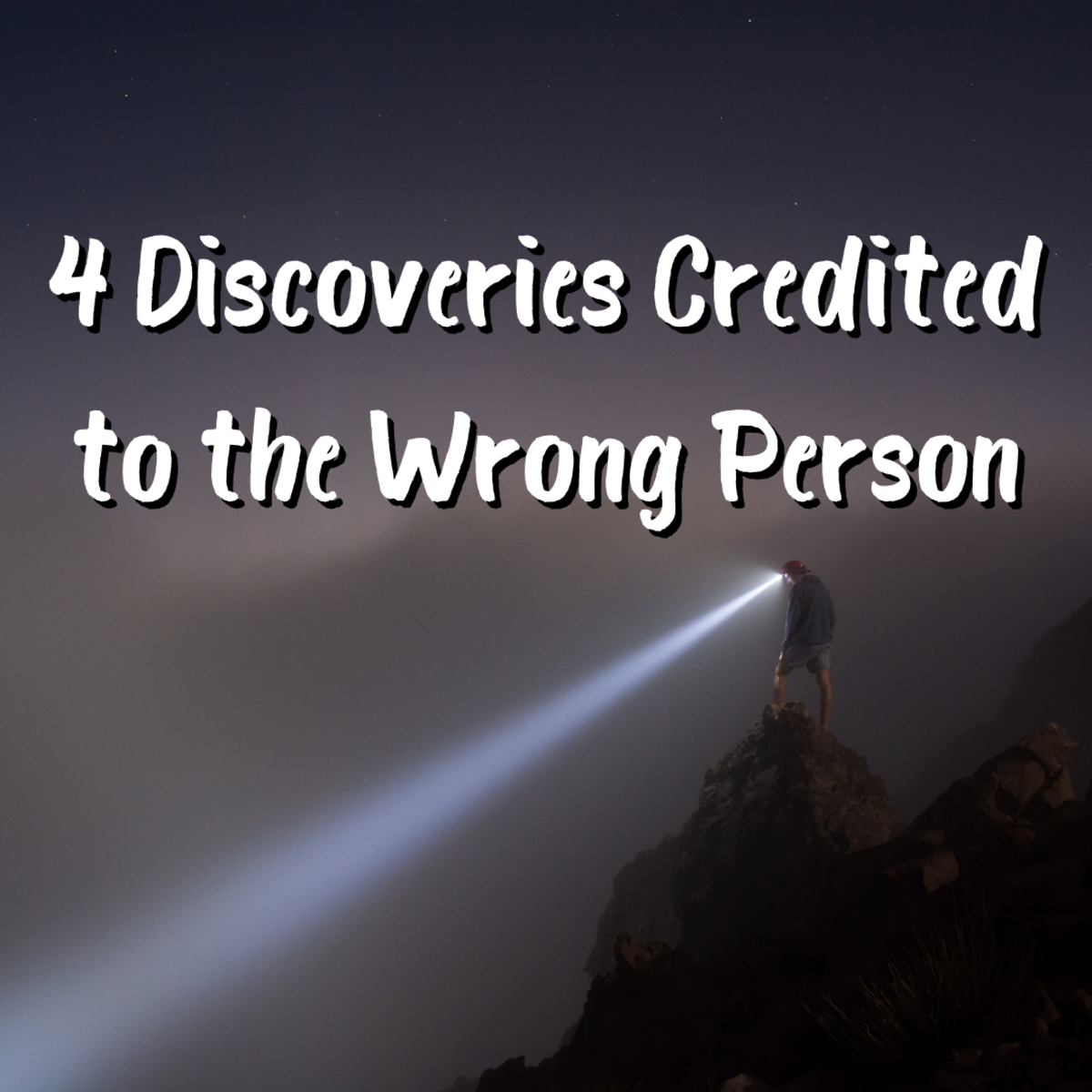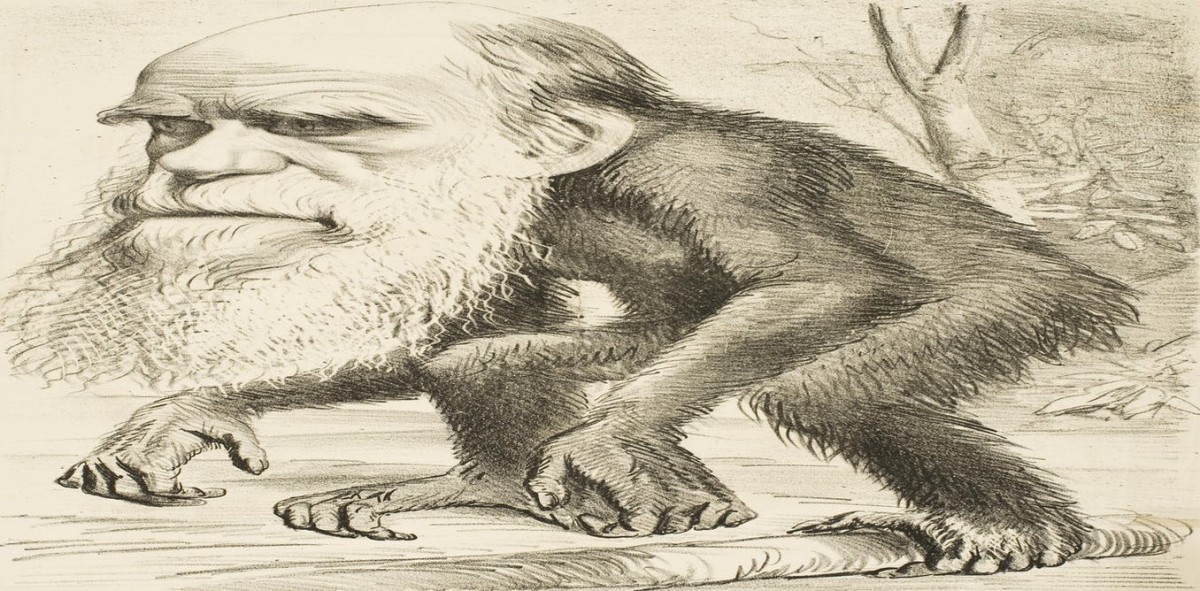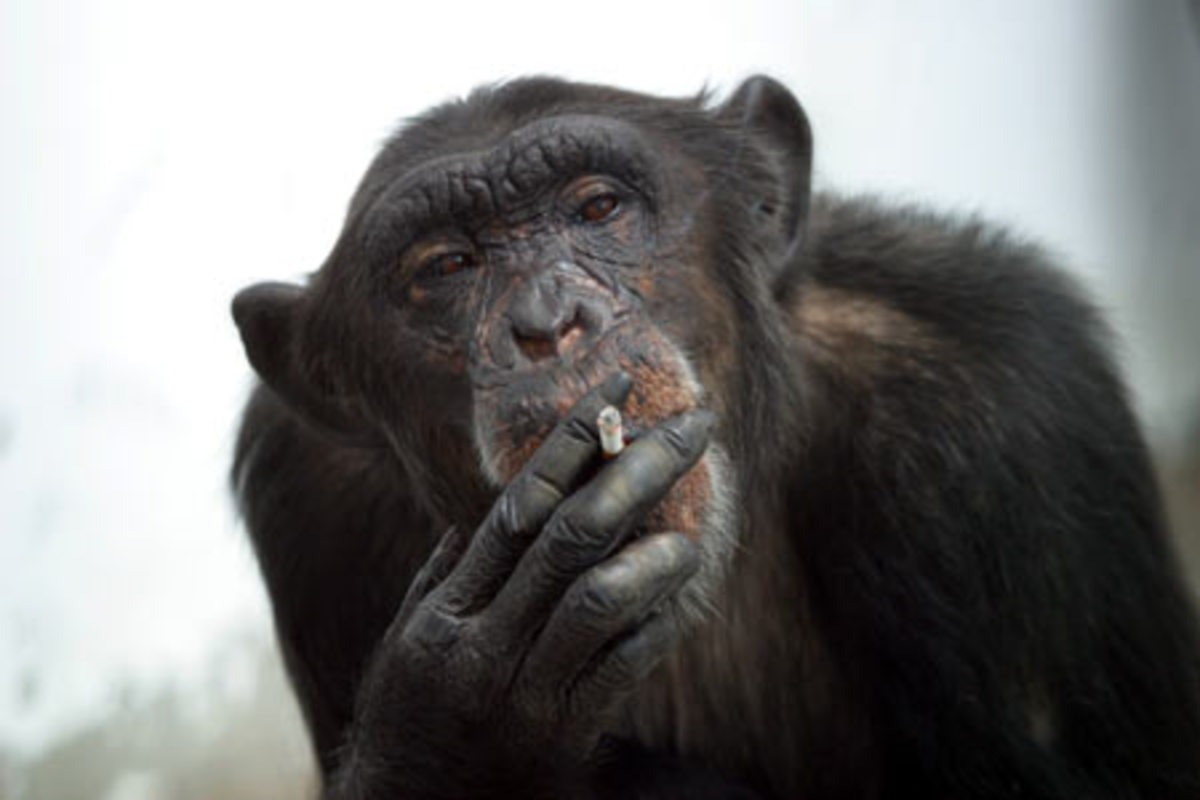EVOLUTION: Wrong Presumptions and the Truth
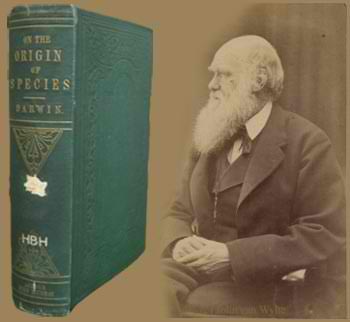
Many scientists notice that as the time passes by, living things may have slight changes. These changes are called microevolution.
Evolutionists teach that these slight changes all get together to create a big change which is needed for a fish to become amphibian and monkey to become a man. These big changes are called macroevoution.
Example, Charles Darwin taught that when little changes are being observed, it is also possible that there are ongoing big changes. Only that they are not observed.
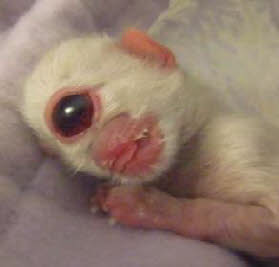
Wrong Presumption # 1
By the process of mutation, there comes another specie.
The teaching of macroevolution is based on the claim that mutation can lead to creation - changes that spontaneously happen in the genetic code of plants and animals - of not just a new specie but a new family in the plant and animal kingdom.
TRUTH
Many traits of a plant or an animal depend on the instructions in its genetic code (blue print in the nuclei of each cell). Researchers discovered that mutation causes changes in the offspring of a plant or an animal. But, are there really new specie being created through mutation? What was discovered in a hundred years of studying in the field of genetics?
In the last years of 1930's, scientists excitedly accepted a new idea. They prior believed that the process of natural selection - where in an organism which belongs in its environment may live and reproduce - can create a new specie of a plant or animal through spontaneous mutation. So it is considered that artificial mutation (created by man) create better kinds.
Scientists in the United States, Asia and Europe established researches with huge budget and which use ways that are expected to speed up the process of evolution. After 40 years of active research what had to be the result? Researcher Peter von Sengbusch said that "the attempt to have a better specie through the means of irradiation" failed though the huge amount of money was spent. In 1980, the hopes and the joys of scientists all over the world faded. Breeding through the means of mutation as a separate branch of research was forgotten by the Western nations. Almost all mutants... either died or became weaker class than of those kinds within the environment.
Anyway, because of the data that were gathered during the hundred years of research about mutation and 70 years of actual breeding through mutation, scientists formed a conclusion about the alleged ability of it to create a new specie. After studying the evidences, here was the conclusion: Mutation HAS NO ability to create a new specie from the original specie of plant or animal. This conclusion was being supported by the Laws of Probability and all the experiences and results of researches in mutation in the 20th century.
So is it true that mutation can create an actual new specie of living things? The answer is NO! It was discovered in the research that the effects of the changes in accident mutation in a specie with specific genetic structure has limitations.
If scientists can't create a new specie with the help of artificial mutation, can the mindless beings do? If researches show that mutation has no ability to create an actual specie, then how did their so called MACRO EVOLUTION happened?
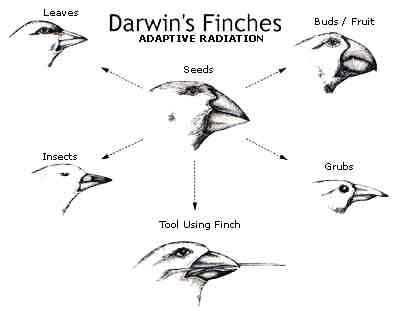
Wrong Presumption # 2
Because of Natural Selection, there formed a new specie.
Darwin believed that those who can adapt to their environment can continue living while those who can't are dying. He called this process "Natural Selection". Modern evolutionists teach that while species of a kind are multiplying and are going to different habitats, the nature selects which members can easily adapt to the new environment because of the mutation in the genes. As a result, evolutionists considered that those who were separated from their groups eventually became new species.
TRUTH
Like what was said earlier, evidences showed that mutation could not create a new specie of a plant or animal. So what are the evidences being showed by the evolutionists in their claim that the nature selects mutation to help create new specie?
Darwin's Finches
In 1999, the National Academy of Sciences in the United States published the brochure "13 kinds of Finches that were studied by Darwin in Galapagos Islands."
In 1970's, a group of researchers led by Peter R. and B. Rosemary Grant of Princeton University studied these finches and discovered that after a year of drought season in the islands, those which survived were the fiches with slight longer beaks. Since the size and the shape of a finch's beak is one of the primary identities of the 13 kinds, they were thinking that what they had discovered was important. According to the NAS brochure, the Grant couple estimated that if the islands were having a drought season once in every 10 years, it was possible that a new kind of finch may exist after 200 years.
Anyway, in the following years after drought season, the brochure did not state that there was an increase in the kinds of finches that have shorter beaks. Researchers discovered that there were seasons when there were fiches that having longer beaks and there were seasons that there were more shorter beaks depending on the climate of that island. They noticed that there was a kind of finch that lays an offspring that could have a longer life than it's parents. Their conclusion? If this breeding would continue, the two kinds will mix and would eventually become one kind.
So, can natural selection actually form a new specie?
Few decades ago, biologist and evolutionist George Christopher questioned the natural selection. And in 1999, theorist-evolutionist Jeffrey Schwarts said that the natural selection can possibly help the species to adapt to the changes of the environment but it doesn't really create a new specie.
Yes, Darwin's finches did not become a new specie of bird. They were still finches. And because of breeding, the evolutionists ways of classifying one specie of this bird is questionable. Besides, it shows the truth that even the most popular science academies are biased in their evidence reports.
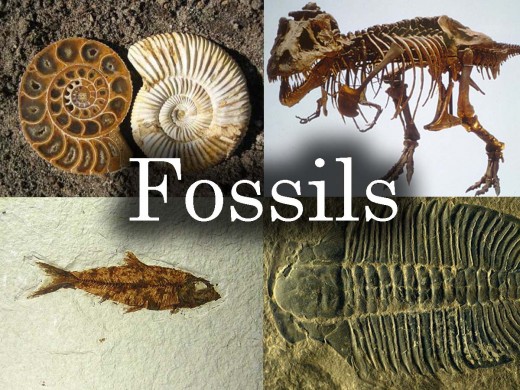
Wrong Presumption # 3
Fossils found support the Macro evolution.
The said brochure of NAS leaves an impression to the readers that there were enough fossils to support and prove the macro evolution.
TRUTH
Niles Eldredge, an evolutionist, said that fossil records in a long period of time show "almost none or totally no evolutionary changes happened to majority of the species.
Currently, scientists around the world have dug and recorded 200 million huge fossils and billions of small ones. Many researchers agree that these detailed records show that all primary groups of animals suddenly existed and almost did not change and many kinds suddenly appear and suddenly gone.

